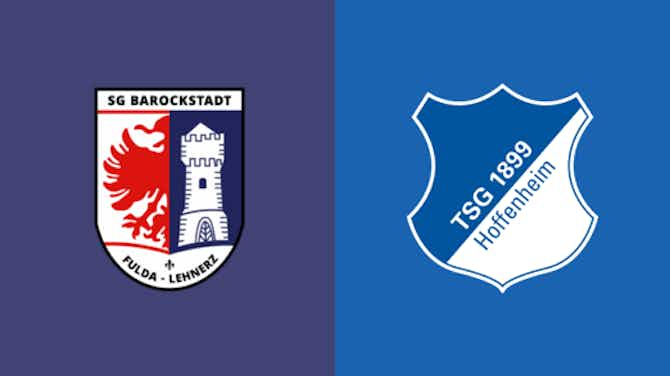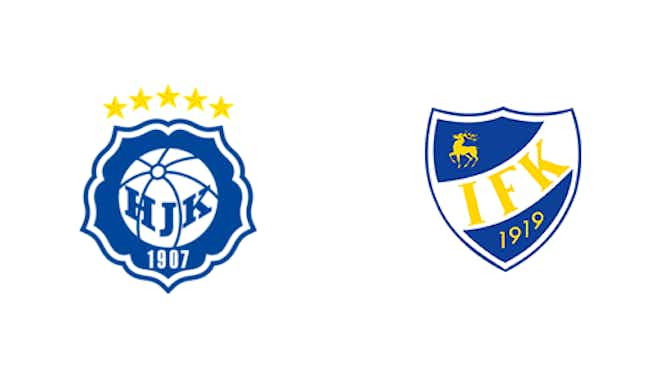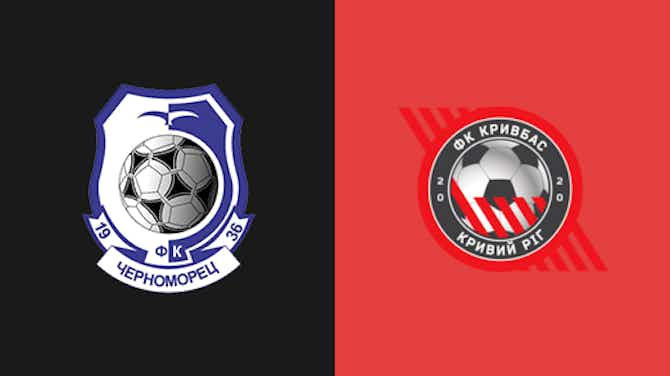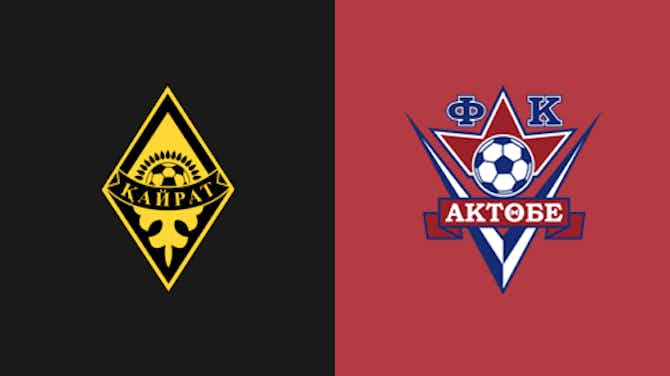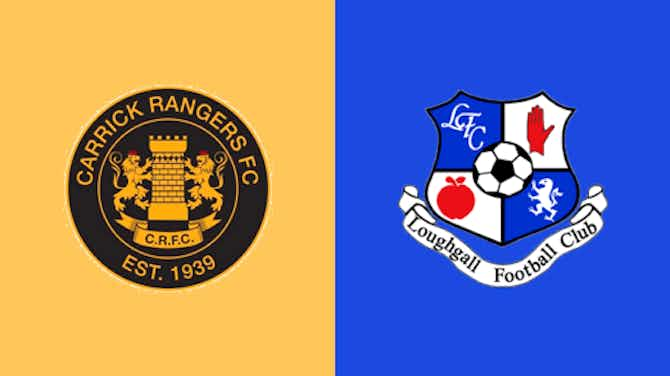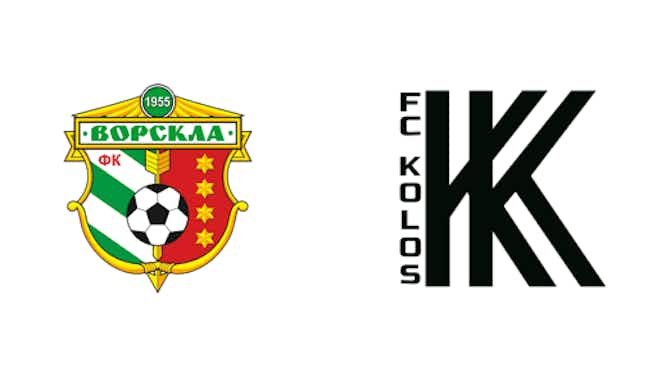90min
·1 August 2022
Euro 2022: How the 12 month delay had a huge impact on England's quest for glory

90min
·1 August 2022

In June 2020, when the world was gripped by the worst of the Covid-19 pandemic, UEFA and the FA announced the decision to delay what was supposed to be Euro 2021 by 12 months.
The postponement was confirmed three months after UEFA opted to push back Euro 2020 to the summer of 2021. The tournaments wouldn’t have directly clashed in terms of venues, but there would have been an overlap denying the women’s competition the spotlight it deserved.
The delay of the 2020 Olympics to 2021 also brought further congestion to the calendar.
Nadine Kessler, UEFA’s chief of women’s football said at the time, “This decision puts us in a position to deliver a tournament that attracts global attention, maximises media coverage and increases stadium attendances, and is therefore helping us to meet our core objective of inspiring the next generation of footballers…2022 also allows for further promotion and partner activation, which would have been much more difficult in what is now a crowded summer in 2021.”
It was a bitter blow to have to wait, especially with the UK and the wider world having been through so much trauma in 2020 and losing something to look forward to. In the end, waiting until 2022 was best, with Covid-19 restrictions long gone and a summer clear of other major football.
By 2022, there was nothing to detract the attention from a wonderful festival of football and infectious celebration of the women’s game.
But without the enforced delay, things would have been so different for England as well. The changes that occurred over the course of that extra year were arguably defining.
For starters, in 2021, Phil Neville would still have been in charge. In 2020, he announced his decision to step down as England boss but still see out of his contract, which ran to the end of Euro 2021. Once the tournament was delayed until 2022, he was no longer going to be in charge and walked away sooner to take over at MLS club Inter Miami instead.
The FA turned to Hege Riise as an interim to lead Great Britain at the Olympics, but Sarina Wiegman would never have been available until the autumn of 2021 because of her Netherlands contract. Had the Euros gone ahead as planned, she would still have been in charge of her home nation.
England had achieved under Neville, beating the United States to the 2019 SheBelieves Cup and going agonisingly close to matching them in the World Cup semi-finals later that year. But there was an uncomfortable feeling that the Lionesses were starting to go backwards, later losing a number of games against top international sides and struggling to impress in wins over weaker nations.
Wiegman’s leadership was ultimately a huge reason behind England’s Euro 2022 triumph.
The England squad also looked considerably different in 2022 to how it would have done in 2021.
With Steph Houghton struggling with injuries throughout the 2021/22 club season, Wiegman quickly put her faith in Leah Williamson as her new captain, a change that was eventually made permanent. But Houghton had played regularly for Manchester City the previous campaign and both her place in the team and her captaincy likely wouldn’t have been in doubt in the summer of 2021.
At the delayed Olympics, Williamson, Houghton and Millie Bright were rotated at centre-back, which meant a lack of defensive continuity that actually ended up being so important this summer.
Other personnel decisions changed over the course of the additional 12 months. Mary Earps, who made crucial saves in both the semi-final and final this summer and played such a big role to the success overall, wasn’t even in the picture until Wiegman recalled her in September 2021.
Alessia Russo scored four goals as a substitute and formed a major part of the Euro 2022 success. She made her Lionesses debut in early 2020 under Neville but spent most of the 2020/21 season injured and wasn’t in contention with England until the autumn of 2021 when she regained full fitness, by which time she would have missed the original tournament.
The story was similar with Chloe Kelly, whose extra-time winner against Germany has written her name into English football history. Kelly was becoming an increasingly important player for Manchester City at club level, having made her debut in 2018 whilst at Everton. But an ACL injury in May 2021 meant she was sidelined for 11 months and only returned to action this April.
Beth Mead and Ella Toone are two more players who shone in 2022 but may not have had that same platform to do so in 2021. Mead was famously left out of the Great Britain squad for the Olympics last summer after an underwhelming club season and has spoken on several occasions about how that snub motivated her – 12 months later, she was Euro 2022 player of the tournament.
“Obviously it was disappointing last summer, but would I be the player I am today if that didn’t happen? Maybe not,” Mead reflected just before Euro 2022 began.
Toone, meanwhile, was still very new to the international scene in 2021. She had first been called up for training camp with the senior squad in the autumn of 2020 and made her debut the following February. Toone did go to the Olympics but was limited to a single stoppage time appearance and was far better served by gaining another year of experience and stepping up into a more senior role with Manchester United that saw her joint-lead the WSL in assists.
England were ultimately crowned Euro 2022 champions, but Euro 2021 that never was would have been so different.


Live




Live














